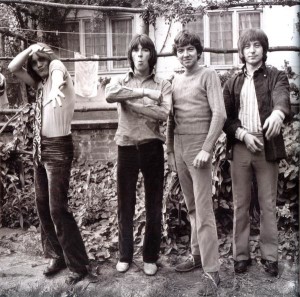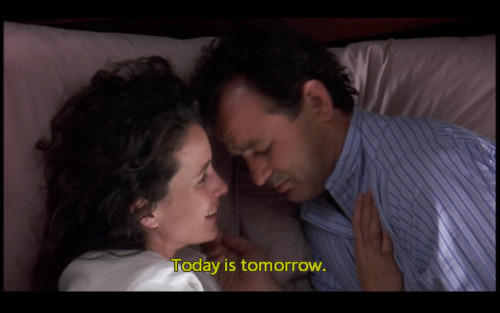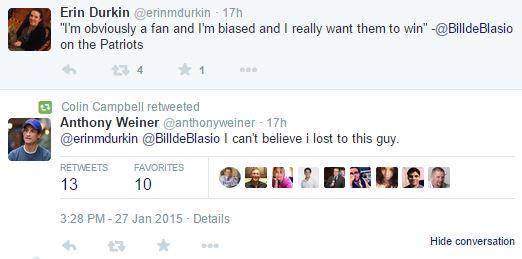
The great basketball coach Dean Smith died this weekend. His coaching prowess was legendary. Less widely known was the fact that Smith was also a committed and vocal advocate of progressive causes.
Writing in the Nation, Dave Zirin celebrates Smith’s passionate opposition to the death penalty:
Current approval of the death penalty in the US is at its lowest level in 40 years, but is still favored by 63% of the population. Dean Smith opposed capital punishment publicly his entire life, even when support for it nationally was over 80% and even in a state where the death penalty was a matter of bipartisan consensus. Smith often invoked his religious beliefs to explain his opposition to capital punishment, but he had to go beyond the realm of the religious to explain his opposition in North Carolina, where pro-death row politicians have never been shy about using the Bible as justification for the noose. Therefore, Dean Smith also spoke about the racism that infests death row cases. He spoke about his fears that the innocent could be killed. He spoke about the system of capital punishment being, in his words, “barbaric.” As he once said, “If it’s a deterrent, as some people say, why don’t they hold the execution in a shopping mall so everyone can attend?”
He also never hesitated speaking truth to power. This was never clearer than in 2003 when Coach Smith was part of a delegation visiting North Carolina’s governor Jim Hunt, pleading for the life of a mentally ill death row prisoner named John Noland. Smith had met Noland on one of his trips to “the row.” As reported by Bonnie DeSimone of The Chicago Tribune, Smith erupted at Hunt, saying, “You’re a murderer!” He then stuck out his finger at Hunt’s apparatchiks saying, “And you’re a murderer—and I’m a murderer. The death penalty makes us all murderers.”
In Mother Jones, Ian Gordon cites a passage from a Washington Post piece, written by John Feinstein, on how Smith more or less single-handedly desegregated Chapel Hill restaurants:
One of the people I interviewed for the story was Rev. Robert Seymour, who had been Smith’s pastor at the Binkley Baptist Church since 1958, when he first arrived in Chapel Hill. Seymour told me a story about how upset Smith was to learn that Chapel Hill’s restaurants were still segregated. He and Seymour came up with an idea: Smith would walk into a restaurant with a black member of the church.
“You have to remember,” Reverend Seymour said. “Back then, he wasn’t Dean Smith. He was an assistant coach. Nothing more.” [emphasis mine.]
Smith agreed and went to a restaurant where management knew him. He and his companion sat down and were served. That was the beginning of desegregation in Chapel Hill.
When I circled back to Smith and asked him to tell me more about that night, he shot me an angry look. “Who told you about that?” he asked.
“Reverend Seymour,” I said.
“I wish he hadn’t done that.”
“Why? You should be proud of doing something like that.”
He leaned forward in his chair and in a very quiet voice said something I’ve never forgotten: “You should never be proud of doing what’s right. You should just do what’s right.”
***
By way of context, there is this 2009 remembrance from Tim Bassett, who played basketball for Georgia in the late 60s and early 70s, describing his interaction with one of Smith’s coaching contemporaries:
The first time Bassett and the Bulldogs played Kentucky was a home game on Jan. 17, 1972. Georgia won that game, 85-73. Bassett had 27 points and 13 rebounds. After the game, the legendary Kentucky coach Adolph Rupp approached Bassett.
“He said I didn’t belong in the Southeast Conference, and he said, ‘We’ll get you back when you come to Lexington,’ ” Bassett said.
When the Bulldogs went to Lexington a month later, they entered the gym to find Bassett hanging in effigy from the ceiling. Stunned, Bassett’s teammates offered not to play the game if Bassett were too uncomfortable there. A motivated Bassett played anyway and had 17 points and 17 rebounds, but Georgia lost, 87-63.
After the game, Bassett wanted to let Rupp know just how he felt about Rupp’s allowing the effigy in Kentucky’s gym. He went searching for Rupp’s office but was stopped before he could get there.
“I just wanted to let him know that I was a man, and I was just trying to figure why he felt it was O.K. to disrespect anybody in that way,” Bassett said. “What was his mind-set? This is a leader of men, you know, all these years, and for him to allow that, it just didn’t make sense.”
Bassett never had the chance to speak his mind to Rupp. That was the final time Bassett faced Rupp’s Wildcats. Rupp retired after that season.
A good place to remember that, to this day, the Kentucky Wildcats still play their games in Rupp Arena.







/cdn0.vox-cdn.com/uploads/chorus_asset/file/3353468/grant.0.gif)


